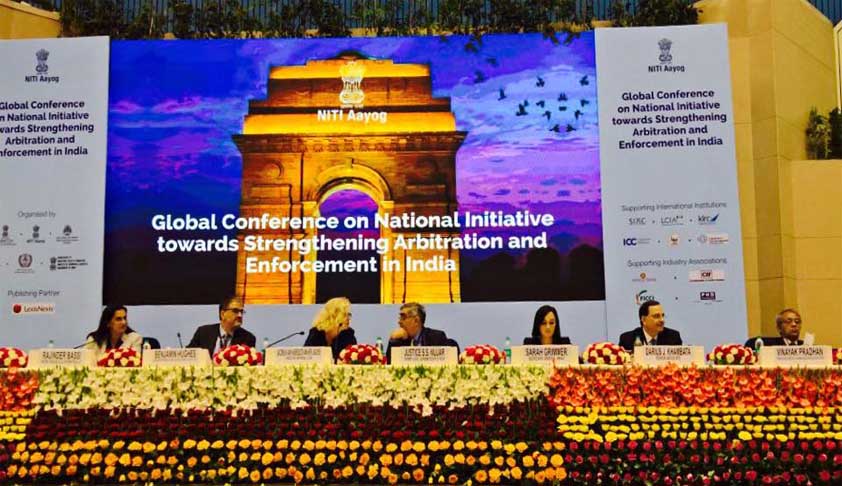- Home
- /
- Editors Pick
- /
- Arbitration Conference: All That...
Arbitration Conference: All That Happened
Rajendra Beniwal
25 Oct 2016 1:37 PM IST
Organised by the NITI Aayog, law ministry, Department for Industrial Policy and Promotion (DIPP), National Legal Services Authority, and International Centre for Alternative Dispute Resolution, the global conference on “National Initiative Towards Strengthening Arbitration and Enforcement in India” began on October 21 at New Delhi.The President of India, Pranab Mukherjee, inaugurated...
Next Story



